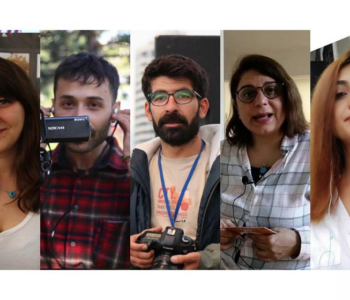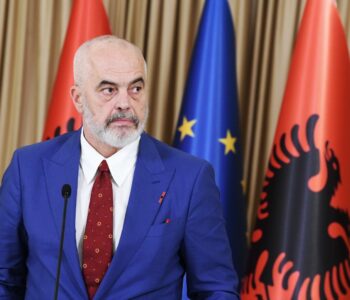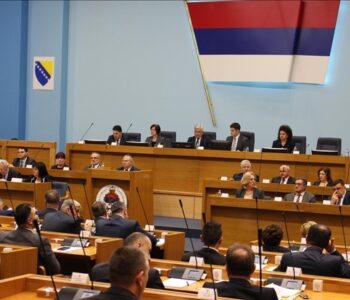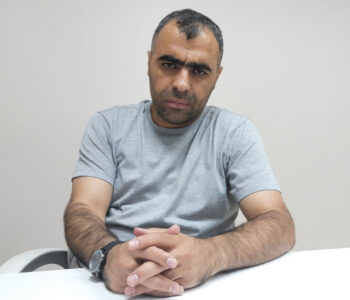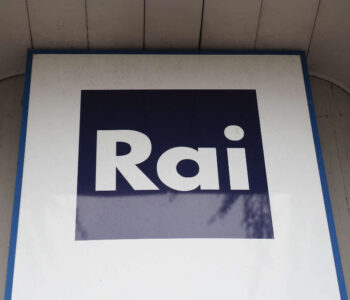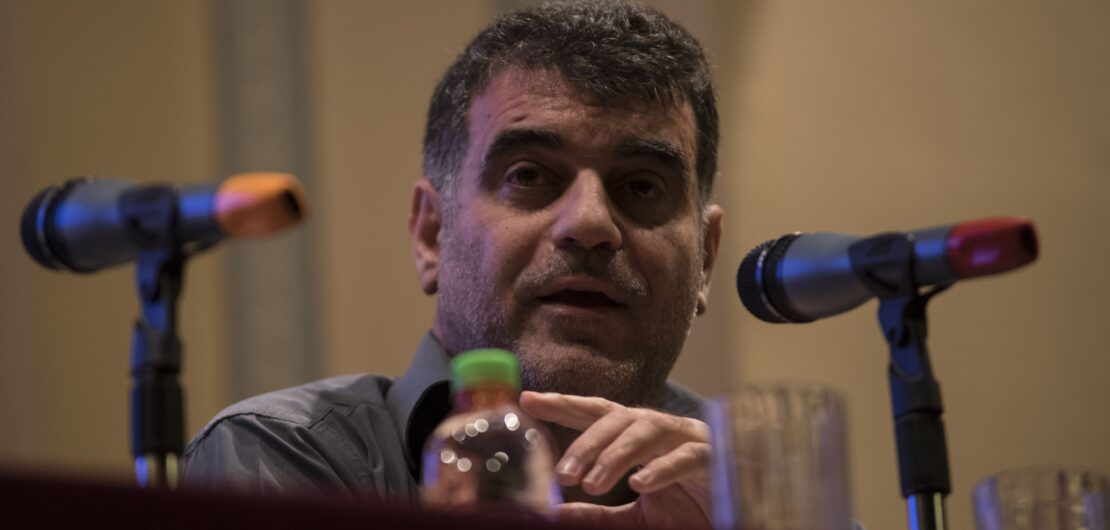 Library
Library
Greece: Swift investigations required after two attacks against journalists
Greece: Swift investigations required after two attacks against journalists
The undersigned journalists’ and media freedom organisations strongly condemn the recent attacks against Greek journalists Giorgos Papachristos and Kostas Vaxevanis and call on the authorities to swiftly investigate the attacks and ensure that those responsible are held accountable.
On 29 August, Giorgos Papachristos, an editorialist and adviser at the centrist daily Ta Nea, was attacked at a football match in Athens. According to the case filed by the journalist, businessman and ship owner Yiannis Karagiorgis, backed by two bodyguards, punched him in the face and head in an unprovoked attack. Karagiorgis also reportedly threatened to kill Papachristos and ordered his associates to “kill him on the spot”. Papachristos was taken to the Sismanoglio hospital for medical examinations and was treated for injuries. The motive behind the attack is not yet established, however Papachristos had written critical reports on Karagiorgis’s business activities.
On 26 August, Kostas Vaxevanis, a veteran investigative journalist and publisher of the weekly Documento, was attacked along with his family while dining, on the island of Evia. The attack occurred after an individual entered the restaurant, approached the journalist and began swearing at him aggressively: “You are a spoiled brat, I will sort you out but not now. You bastard for daring to write about me because I have money in Switzerland.” The man continued to insult and threaten Vaxevanis, complaining about a name put “on the Lagarde list”. As the situation escalated, Vaxevanis’s mother-in-law was physically assaulted and required treatment for facial injuries. The man fled the restaurant.
As reported on Mapping Media Freedom, Documento journalists conducted research to identify the man and cross-check his name against the Lagarde list, a spreadsheet published by Vaxevanis in 2012, containing around 2,000 potential tax evaders with undeclared accounts at Swiss HSBC bank’s Geneva branch. According to Documento, the attacker was a relative of Michalis Stasinopoulos, one of the richest businessmen in Greece, whose name was included on the list.
Vaxevanis is known for his numerous investigations into corruption, for which he has received numerous threats and death threats. In 2021, he was given increased police protection after the Athens Prosecutor’s Office ordered a preliminary investigation into information about a murder contract issued against him.
The Journalists’ Union of Athens Daily Newspapers published statements condemning both attacks. While our organisations welcome the swift statement of condemnation of the attack on Papachristos by the Greek government spokesperson, we note that no similar denunciation was made regarding the attack against Vaxevanis and his family days previously.
Our organisations further call on the Greek authorities to swiftly investigate the complaints filed by the two journalists and to bring criminal charges against those responsible. These two cases of violence again underscore the worrying situation for the safety of journalists in Greece, and media freedom more widely.
In both cases, the identity of the alleged perpetrators are known to police and the incidents occurred in front of multiple witnesses. Arrests should therefore follow quickly. Those behind these brazen attacks must not be permitted to act with impunity. Our organisations have reported these cases to the Council of Europe’s Platform for the Safety of Journalists and will continue to monitor the situation closely.
This statement was coordinated by the Media Freedom Rapid Response (MFRR), a Europe-wide mechanism which tracks, monitors and responds to violations of press and media freedom in EU Member States and candidate countries.


